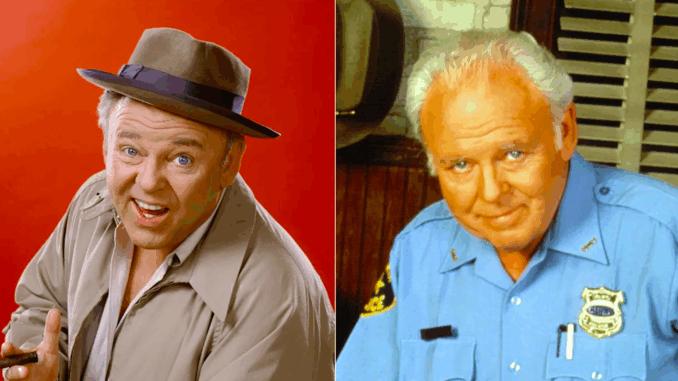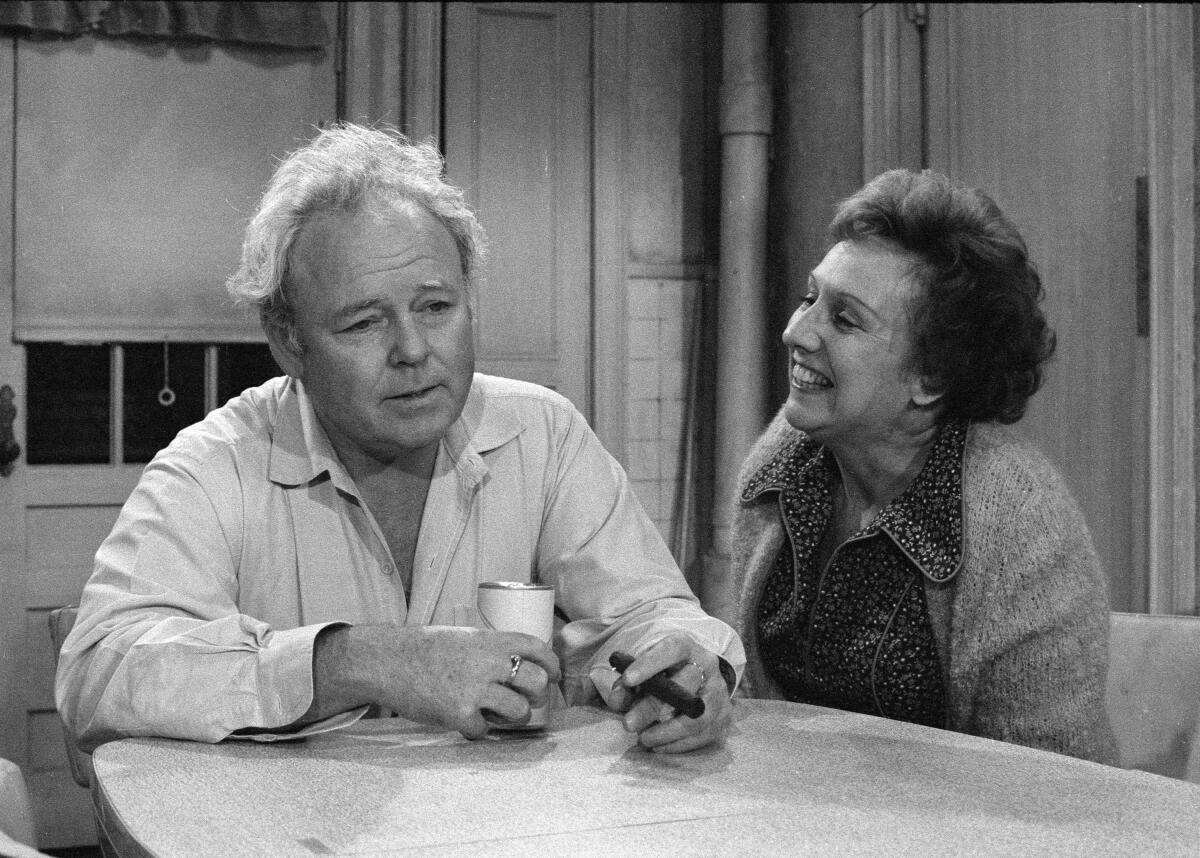
When All in the Family first premiered on CBS in January 1971, nobody could have predicted that a grumpy, bigoted, working-class man from Queens would become one of the most iconic characters in television history. Archie Bunker, played with unforgettable depth and nuance by Carroll O’Connor, was supposed to challenge America’s values. Instead, he became beloved.
But how did a man who insulted nearly everyone, who refused to evolve with the times, and who clung to outdated beliefs, become a national sensation? The answer lies not only in the brilliance of the show’s writing but in the contradictions that Archie himself embodied.
The Antihero Before Tony Soprano
Long before audiences were captivated by the psychological complexity of Tony Soprano or Walter White, there was Archie Bunker. Creator Norman Lear didn’t design Archie to be lovable — he was intended as a caricature, a mirror held up to America’s prejudices. But Carroll O’Connor’s portrayal made him more than a symbol. He became human.
Archie was a racist, a homophobe, a misogynist — and yet, through the cracks in his harsh exterior, viewers saw something else. They saw fear, insecurity, even love. He clung to his armchair and to his ideas because he felt the world slipping away from him. That fear was familiar to many.
The Irony of Archie’s Popularity
It’s one of television’s great ironies: All in the Family was written to satirize men like Archie, yet many Americans saw him as a hero. Norman Lear was famously frustrated by this. In Archie’s stubbornness and his insults, some viewers found a voice — not one they wanted to condemn, but one they wanted to cheer.
What Lear and O’Connor did brilliantly was never let Archie off the hook. His views were always challenged — usually by his son-in-law Mike (“Meathead,” played by Rob Reiner) or his quietly powerful wife Edith (Jean Stapleton). He never really won the arguments. But he stayed true to himself, and for better or worse, that resonated.
A Changing America, Seen from an Armchair
Each week, Archie’s living room became the stage for a national debate. Race, war, women’s rights, religion — no topic was off-limits. When Sammy Davis Jr. famously kissed Archie on the cheek, it wasn’t just a TV gag. It was a cultural moment.
Archie represented the past. His children represented the future. The tension between them wasn’t just for laughs — it mirrored the real tension in households across the country during the 1970s. And week after week, All in the Family forced viewers to confront those conversations — whether they wanted to or not.
A Complicated Legacy
Carroll O’Connor once said Archie wasn’t a bigot by nature, but by nurture. He had been shaped by a world that no longer existed. And maybe that’s why viewers ultimately embraced him — because he felt real. Because they recognized someone they knew. Because in Archie’s struggle to understand the changing world, they saw their own.
Still, All in the Family never let us forget the harm Archie’s views could cause. It was comedy, yes — but with teeth. With pain. With purpose.
Archie Bunker Today: Would He Survive?
In today’s television landscape, Archie would be divisive — maybe even canceled before his second episode. But in 1971, he opened doors that had been shut tight. He made America laugh at itself, cringe at itself, and — occasionally — rethink itself.
Archie Bunker wasn’t a hero. He wasn’t a villain. He was something much more interesting: a man caught between two Americas.
And fifty years later, we’re still talking about him.
